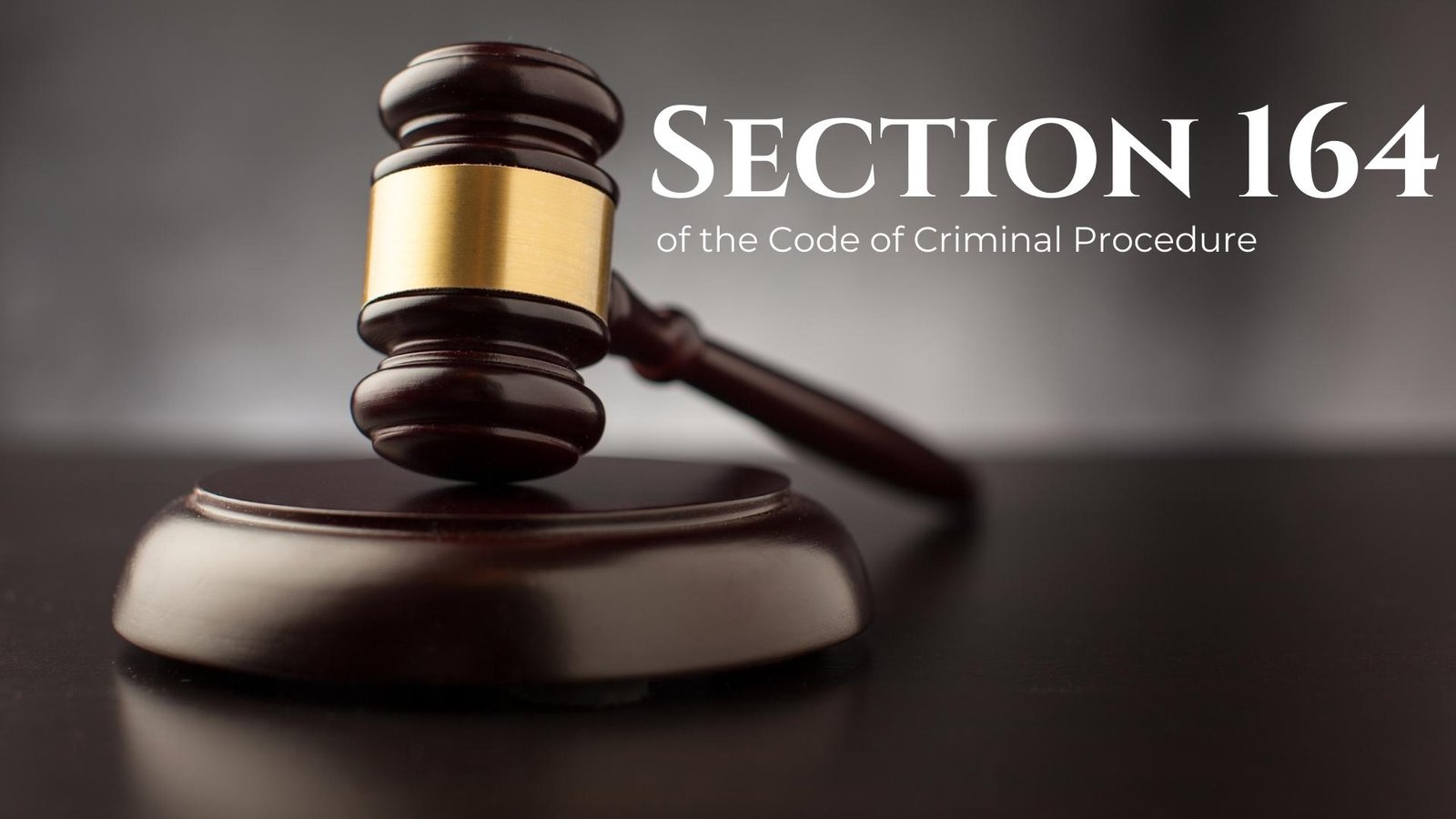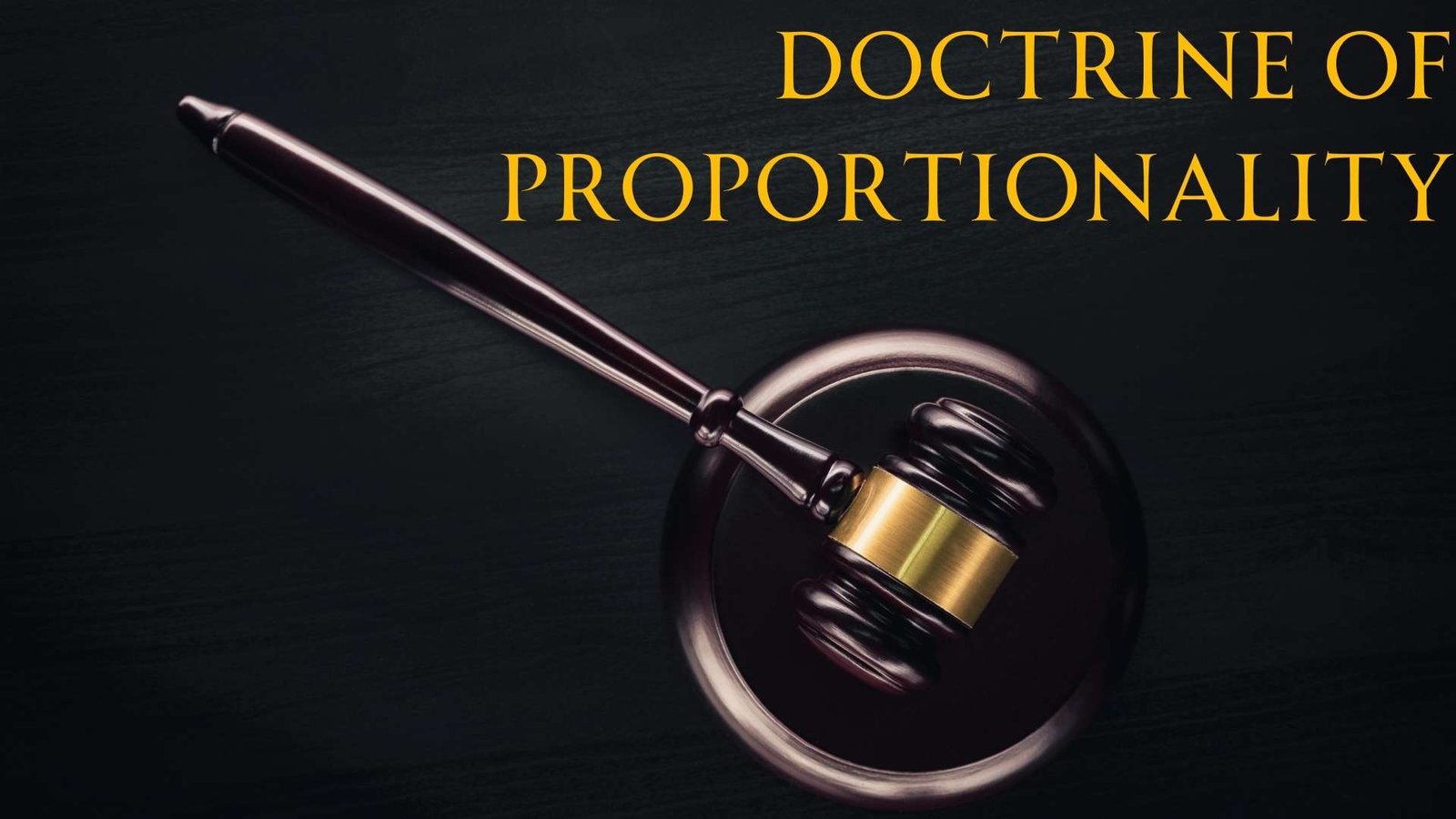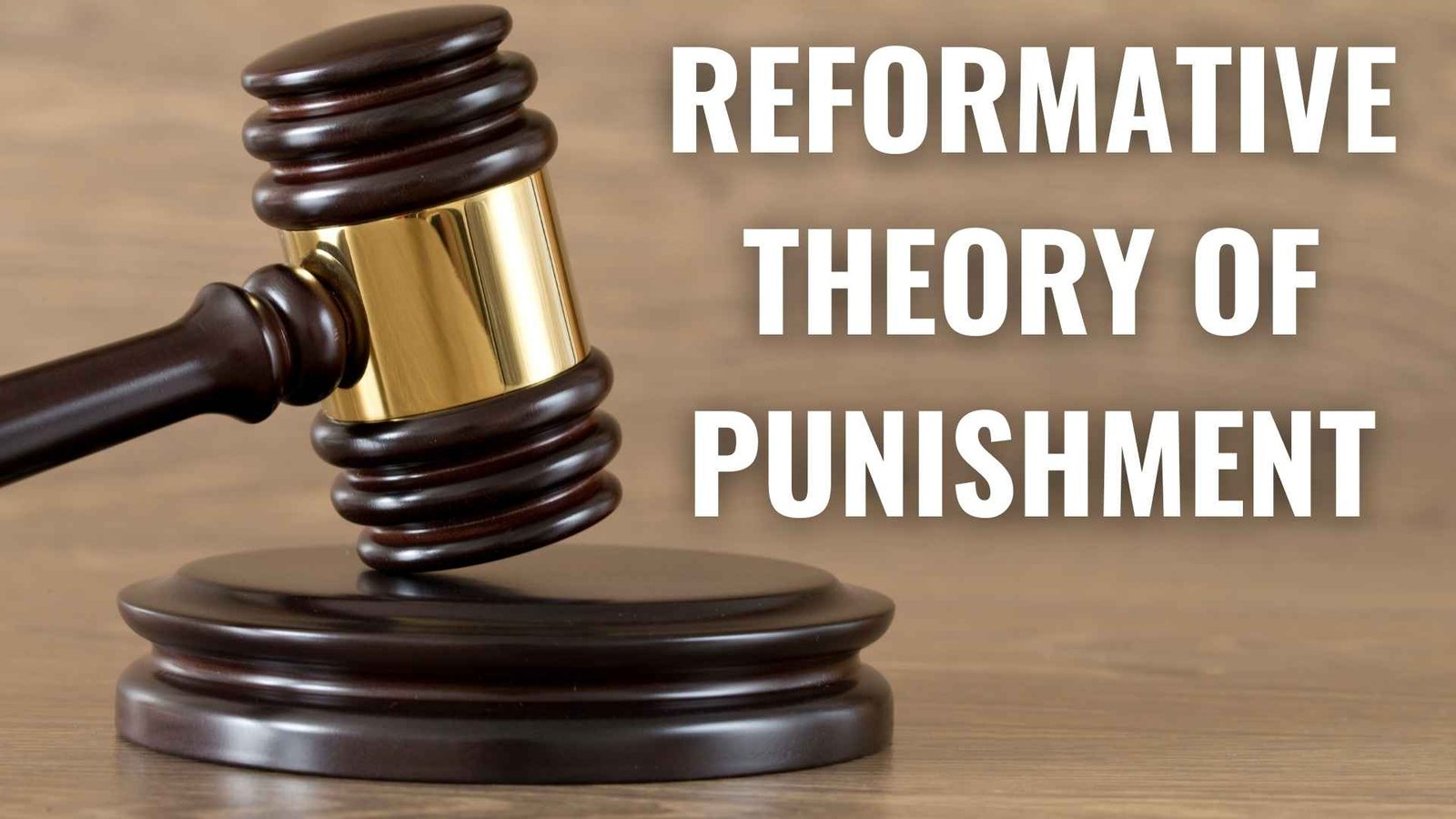On this page you will read detailed information about The Mental Capacity Act 2005.
As an individual with agency over your own healthcare decisions, you have a right to understand the laws that protect your ability to make choices. The Mental Capacity Act 2005 is a crucial piece of legislation that upholds your autonomy when your mental capacity fluctuates or declines. This act lays out guidance for assessing capacity, making decisions in another’s best interest, and more. Through this guide, you will gain knowledge to advocate for yourself and loved ones. Understanding this law empowers you to have confidence that your wishes will be honored even if you cannot make or communicate decisions yourself. Take the time to learn about this important act so you can rest assured that your rights are protected.
What Is the Mental Capacity Act 2005?
The Mental Capacity Act 2005 (MCA) is a law in England and Wales protecting and empowering people who may lack the mental capacity to make their own decisions about their care and treatment.
Principles of the Act
The MCA established five key principles that put the individual at the heart of decision making. All those using the MCA must consider the following principles:
- A presumption of capacity: Every adult has the right to make their own decisions unless it can be shown that they lack capacity to do so.
- Right for individuals to be supported to make their own decisions: Before concluding that an individual lacks capacity, take all practicable steps to help them make the decision for themselves.
- Right for unwise decisions: Individuals have the right to make decisions that others may see as eccentric or unwise.
- Best interests: Any act done for or on behalf of a person who lacks capacity must be done in their best interests.
- Least restrictive option: Anything done for or on behalf of a person without capacity should be the least restrictive of their basic rights and freedoms.
Assessing Capacity
Under the MCA, a person lacks capacity if they are unable to make a specific decision at the time it needs to be made, due to an impairment of the mind or brain. Capacity is time-specific and decision-specific. Assessments must consider whether the individual can:
- Understand the information relevant to the decision.
- Retain that information long enough to make the decision.
- Use or weigh up that information as part of the decision making process.
- Communicate their decision (by any means).
The MCA provides a legal framework to empower and protect people who may lack capacity to make certain decisions for themselves. Its goal is to maximise individuals’ independence and ensure any decisions made on their behalf respect their basic human rights and freedoms.
Key Principles of the Mental Capacity Act
Presumption of Capacity
The Act presumes that all individuals have the capacity to make their own decisions, unless proven otherwise. This means that a person’s capacity should not be questioned without valid reason. Capacity refers to the ability to understand, retain and weigh up information in order to make a decision.
Best Interests
All decisions made under the Act must be made in the best interests of the individual who lacks capacity. This means that the decision maker has a duty to consider all relevant circumstances, including the individual’s past and present wishes, beliefs and values. The decision should aim to promote the individual’s wellbeing and welfare.
Less Restrictive Option
When making a decision or taking an action in relation to someone who lacks capacity, the option that least restricts their rights and freedoms should be chosen. Any intervention should be proportional to the particular circumstances. Unnecessary restrictions on the person’s rights should be avoided.
Maximising Capacity
All reasonable steps must be taken to help the individual make their own decisions before concluding that they lack capacity to do so. This includes providing information in an accessible format, giving explanations and offering different options. Capacity assessments should also be decision-specific, as a person may lack capacity to make some decisions but not others.
The Mental Capacity Act aims to empower individuals to make their own decisions whenever possible, and protect the rights of those who lack capacity. By following these key principles, professionals and carers can ensure that individuals are given maximum autonomy and respect. Failing to comply with the Act can have serious legal consequences, so all those working with people who may lack capacity should make themselves familiar with their obligations under the legislation.
In the previous post, we had shared information about Revenge Porn Laws in the United Kingdom: An Analysis, so read that post also.
Assessing a Person’s Capacity Under the Act
Understanding capacity
Under the Mental Capacity Act 2005, a person lacks capacity if they are unable to make a specific decision at the time it needs to be made. Capacity refers to a person’s ability to understand, retain and weigh up information to make a choice, and communicate that choice. It depends on the complexity of the decision and the individual’s ability to understand its nature and consequences.
Assessing capacity
When assessing if a person lacks capacity, the Act sets out a two-stage test:
- Does the person have an impairment of, or a disturbance in the functioning of, their mind or brain? This could be due to conditions like dementia, learning disabilities, mental health problems, brain injuries or intoxication.
- Does the impairment or disturbance mean the person is unable to make the specific decision? Consider if they can: understand information about the decision; retain that information for long enough to make the decision; use or weigh that information as part of the decision-making process; communicate their decision by any means.
If a person cannot do one or more of these things, they may lack capacity for that decision at that time. Capacity can fluctuate, so regular reassessments may be needed.
Best interests and unwise decisions
A person is not to be treated as unable to make a decision merely because they make an unwise decision. However, there must be reasonable belief that the person lacks capacity for the specific choice based on the two-stage test. If capacity is lacking, any decision made on the person’s behalf must be in their best interests. This is determined by considering their past and present wishes, beliefs and values. Unwise decisions alone do not prove lack of capacity.
The Mental Capacity Act aims to empower people to make their own choices whenever possible. However, it also protects those lacking capacity by ensuring any decisions made reflect the person’s best interests and values. Assessing capacity is a serious responsibility that requires careful consideration of a person’s ability to make a specific choice at a particular time.
Making Decisions for People Who Lack Capacity
Assessing Capacity
Under the Mental Capacity Act 2005, a person lacks capacity if they are unable to make a specific decision at the time it needs to be made. Capacity is assessed based on a person’s ability to understand, retain and weigh up the information relevant to a decision, and communicate their choice.
Best Interests Decisions
When a person lacks capacity to make a particular decision, it may need to be made on their behalf in their ‘best interests’. Best interests decisions should be made based on what the person would have wanted, taking into account their wishes, beliefs and values. The views of family and friends should be considered.
Advance Statements
Individuals can make ‘advance statements’ regarding future treatment and care decisions in case they lose capacity. These may be verbal or written statements of wishes. Advance statements are not legally binding but should be taken into account when determining a person’s best interests.
Lasting Powers of Attorney
Individuals can grant a lasting power of attorney (LPA) to allow another person to make decisions on their behalf should they lose capacity. There are two types of LPA:
- Health and welfare LPA – covers health and social care decisions.
- Property and financial affairs LPA – covers financial matters.
LPAs must be registered with the Office of the Public Guardian before they can be used. An LPA allows a person to choose who makes decisions for them in the future and specify any restrictions.
Court Appointed Deputies
If an individual loses capacity without an LPA in place, an application can be made to the Court of Protection to appoint a ‘deputy’ to make decisions on their behalf. Deputies can be appointed to make decisions regarding either health and welfare, or property and financial affairs. Deputies have a legal duty to make decisions in the person’s best interests.
The Mental Capacity Act 2005 aims to empower and protect individuals who may lack capacity while maximizing their autonomy and involvement in decision-making as far as possible. Following the principles of the Act helps ensure the rights and wellbeing of vulnerable individuals are safeguarded.
Lasting Powers of Attorney Under the Act
The Mental Capacity Act provides for Lasting Powers of Attorney (LPAs), legal documents that enable individuals to appoint others to make decisions on their behalf, should they lose mental capacity in the future. There are two types of LPAs under the Act:
Property and Financial Affairs LPA
This LPA appoints attorneys to manage an individual’s property, financial affairs, and business interests if they become incapable. The attorneys can operate bank accounts, pay bills, collect benefits or pensions, sell property, make investments, and more. Creating this LPA helps provide peace of mind that financial matters will be properly handled if mental capacity is lost.
Health and Welfare LPA
This LPA allows attorneys to make decisions regarding an individual’s health and personal welfare, such as medical treatment, living arrangements, and day-to-day care. Attorneys should understand the person’s needs and wishes to make decisions in their best interests. The LPA only comes into effect if the individual loses mental capacity and can no longer make these decisions themselves.
Both LPAs require the individual to have mental capacity at the time of creating the documents to properly assign attorneys and provide instructions. The attorneys must act in the best interests of the individual and follow the principles of the Act. The LPAs allow individuals to maintain control over future life decisions even after losing mental capacity.
The LPAs cease to have effect upon the death of the individual. The Act also provides for the Court of Protection to revoke or terminate the powers of an attorney if they are deemed to be acting improperly or not in the best interests of the individual. The LPAs provide an accessible process for individuals to legally establish advance decisions and assign trusted advocates without needing to go through the court system.
The lasting powers of attorney permitted under the Mental Capacity Act are powerful legal tools allowing individuals to safeguard their autonomy and protect their interests during potential periods of incapacity. With the proper selection of attorneys and clearly expressed instructions, LPAs can provide significant peace of mind for the future.
Deprivation of Liberty Safeguards
The Deprivation of Liberty Safeguards (DoLS) provide legal protection for vulnerable people in care homes or hospitals who are deprived of their liberty. The DoLS require that any deprivation of liberty is assessed to determine whether it is in the person’s best interests and is necessary to protect them from harm.
As a professional involved in the care of individuals who lack mental capacity, you must understand your responsibilities under the DoLS. When a person in your facility is deprived of their liberty in any way, such as not being free to leave the premises, you must request a DoLS assessment. During the assessment, assessors will determine whether the deprivation of liberty is in the person’s best interests and necessary to prevent harm. They must consider whether there are any less restrictive options that could meet the person’s needs.
If the deprivation of liberty is authorized, the person will have a representative, known as a relevant person’s representative, to support them. The DoLS also provide the person with the right to challenge their deprivation of liberty in court. As a professional, you must cooperate fully with DoLS assessments and respect the outcomes and any conditions set. You also have a duty to notify the local authority if a person’s needs or circumstances change in a way that could affect the DoLS authorization.
To comply with the DoLS, care facilities must have appropriate policies and procedures in place, provide regular training for staff, maintain proper records, and understand when a DoLS referral and request for assessment may be needed. Failing to comply with the DoLS can have serious consequences, including regulatory action against facilities or individuals.
The DoLS aim to strike a balance between individual liberty and safety. As a professional, your role is crucial in upholding people’s rights and ensuring those who lack capacity are properly safeguarded. By understanding your responsibilities under the DoLS, you can help achieve this important balance.
Role of the Court of Protection
The Court of Protection oversees the Mental Capacity Act 2005 and makes important decisions on behalf of adults who lack mental capacity. It can appoint deputies to make decisions for those who lack capacity, as well as review decisions made by attorneys under lasting power of attorney (LPA) or deputies. The court also handles disputes over an individual’s best interests and mental capacity.
As deputy, you may need to apply to the court for permission to make certain decisions, especially those relating to the individual’s health and welfare, property and financial affairs. The court aims to protect vulnerable individuals while upholding their basic human rights. You must always act in the best interests of the person you represent. The court can grant you authority over some or all areas of their life, but you should only make decisions that the individual lacks capacity to make themselves.
The court may appoint both property and affairs deputies and personal welfare deputies. The former handles financial matters, while the latter makes decisions regarding healthcare, accommodation and consent to medical treatment. In some cases, the court combines these roles into a single deputyship. As deputy, you have a duty to consult with relevant third parties regarding the best interests of the individual, such as close relatives, attorneys, or medical professionals. You should encourage the individual to participate in decision making as much as possible based on their level of capacity.
The court charges fees for deputyship applications and reports. As deputy, you must submit annual reports detailing the decisions you have made, the individual’s wellbeing, and information on any major life events. The court reviews these reports to ensure you are fulfilling your duties properly and acting in the individual’s best interests. Failure to submit reports on time or act appropriately can lead to the court revoking your deputyship.
In summary, the Court of Protection appoints deputies and reviews their decisions to protect incapacitated individuals. As deputy, you must understand your responsibilities and always put the person you represent first. By acting in their best interests and working closely with relevant parties, you can maintain a constructive relationship with the court and provide the individual a good standard of care.
Disclaimer
The information and services on this website are not intended to and shall not be used as legal advice. You should consult a Legal Professional for any legal or solicited advice. While we have good faith and our own independent research to every information listed on the website and do our best to ensure that the data provided is accurate. However, we do not guarantee the information provided is accurate and make no representation or warranty of any kind, express or implied, regarding the accuracy, adequacy, validity, reliability, availability, or completeness of any information on the Site. UNDER NO CIRCUMSTANCES SHALL WE HAVE ANY LIABILITY TO YOU FOR ANY LOSS OR DAMAGE OF ANY KIND INCURRED AS A RESULT OR RELIANCE ON ANY INFORMATION PROVIDED ON THE SITE. YOUR USE OF THE SITE AND YOUR RELIANCE ON ANY INFORMATION ON THE SITE IS SOLELY AT YOUR OWN RISK. Comments on this website are the sole responsibility of their writers so the accuracy, completeness, veracity, honesty, factuality and politeness of comments are not guaranteed.
So friends, today we talked about The Mental Capacity Act 2005, hope you liked our post.
If you liked the information about The Mental Capacity Act 2005, then definitely share this article with your friends.








